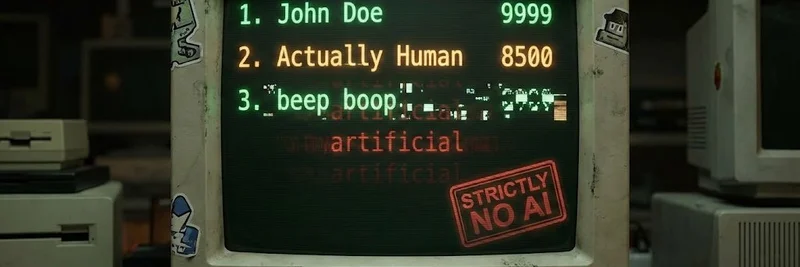If you've been keeping an eye on the evolving world of blockchain launches, especially in the meme token space, you might have caught wind of some big changes over at Virtuals.io. A recent post from crypto trader Bubbly on X (formerly Twitter) breaks down the new Genesis Launch rules in a way that's easy to digest. Let's dive into what this means for you as a potential investor or participant in these exciting projects.
Understanding the New Funding Caps
At the heart of this update are three distinct funding caps, each tied to a project's fully diluted valuation (FDV)—that's basically the total value of all tokens if they were all in circulation right now. These caps ensure that launches stay balanced and predictable.
For example:
- Raising 21,000 $VIRTUAL locks the project at a $350,000 FDV (around $409,000 USD).
- Hitting 42,000 $VIRTUAL bumps it to $700,000 FDV (about $819,000 USD).
- The top tier at 100,000 $VIRTUAL sets a $1.66 million FDV (roughly $1.94 million USD).
Once a cap is reached, that's it—the project's valuation is set, and no more funds can push it higher. This is a shift from older systems where things could balloon unexpectedly.
No More Oversubscription: Pledges Get Refunded
Here's where things get interesting and a bit tricky. In the past, you might have thought about piling in extra pledges, but not anymore. If you try to pledge after a cap is hit, your $VIRTUAL tokens simply get refunded. There's no oversubscription allowed, which levels the playing field but also amps up the competition.
This rule caught a lot of folks off guard, as Bubbly pointed out. It means you can't game the system by overcommitting; everything is capped equally across launches.
First-Come, First-Serve: The New Strategy Shift
Gone are the days of casually waiting to see how a launch unfolds. Now, it's all about speed and timing. Pledging works on a first-come, first-serve basis, so if you're late to the party, you might miss out entirely once the cap is filled.
Bubbly highlighted how this changes tactics: Some were planning to skip launches like PokPok ($CTDA) to focus on others like $SAGE, hoping for better allocations. But with the new system, delaying could mean getting shut out. The advice? Pledge early if you want a piece of the action.
This urgency reminds many of the early presale rushes back in 2021 on platforms like BNB PinkSale. It could attract bots trying to snag spots in seconds, but it also boosts interest in the secondary market since supply is strictly limited.
What This Means for Upcoming Launches
Looking ahead, expect projects like $SAGE to fill up quickly as the community catches on. The system encourages quick decisions and could make launches more exciting—and competitive.
That said, it's not all about the rush. Bubbly gave a shoutout to solid projects building in the ecosystem, such as $ARBUS, $AXR, $ETHY, $SWARM, $WINT, $VPAY, and $RING. These are worth watching if you're into meme tokens or broader blockchain innovations on Virtuals.io.
Wrapping It Up: Stay Ahead in the Meme Token Game
Overall, these changes to Virtuals.io's Genesis Launch rules promote fairness with caps and refunds, but they demand sharper strategies from participants. Whether you're a seasoned trader or just dipping your toes into crypto launches, understanding these mechanics can give you an edge.
Keep grinding, and don't forget to check out more insights on meme tokens right here at Meme Insider. If you're into blockchain tech news, follow us for the latest updates to level up your knowledge base. 🚀



